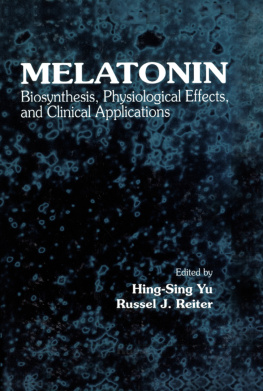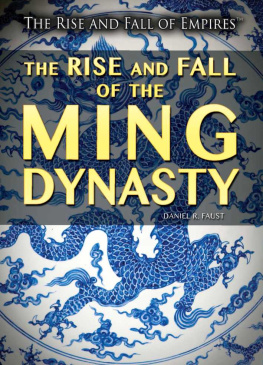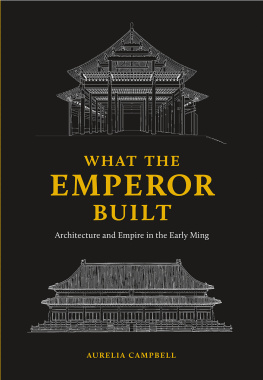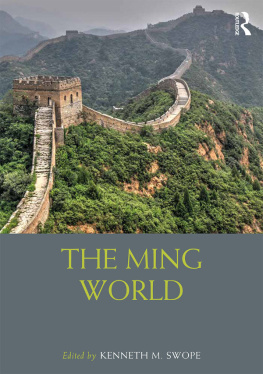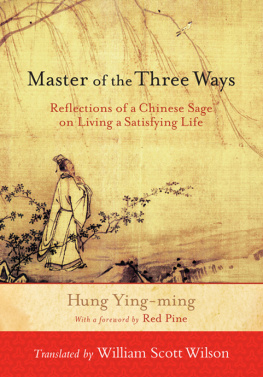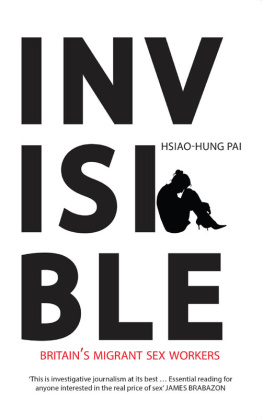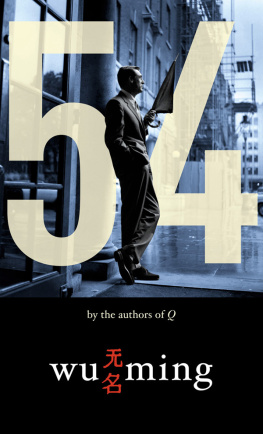Ming Hung Hing - The Magnificent Emperor Wu
Here you can read online Ming Hung Hing - The Magnificent Emperor Wu full text of the book (entire story) in english for free. Download pdf and epub, get meaning, cover and reviews about this ebook. year: 2020, publisher: Algora Publishing, genre: History. Description of the work, (preface) as well as reviews are available. Best literature library LitArk.com created for fans of good reading and offers a wide selection of genres:
Romance novel
Science fiction
Adventure
Detective
Science
History
Home and family
Prose
Art
Politics
Computer
Non-fiction
Religion
Business
Children
Humor
Choose a favorite category and find really read worthwhile books. Enjoy immersion in the world of imagination, feel the emotions of the characters or learn something new for yourself, make an fascinating discovery.

- Book:The Magnificent Emperor Wu
- Author:
- Publisher:Algora Publishing
- Genre:
- Year:2020
- Rating:5 / 5
- Favourites:Add to favourites
- Your mark:
- 100
- 1
- 2
- 3
- 4
- 5
The Magnificent Emperor Wu: summary, description and annotation
We offer to read an annotation, description, summary or preface (depends on what the author of the book "The Magnificent Emperor Wu" wrote himself). If you haven't found the necessary information about the book — write in the comments, we will try to find it.
The Magnificent Emperor Wu — read online for free the complete book (whole text) full work
Below is the text of the book, divided by pages. System saving the place of the last page read, allows you to conveniently read the book "The Magnificent Emperor Wu" online for free, without having to search again every time where you left off. Put a bookmark, and you can go to the page where you finished reading at any time.
Font size:
Interval:
Bookmark:
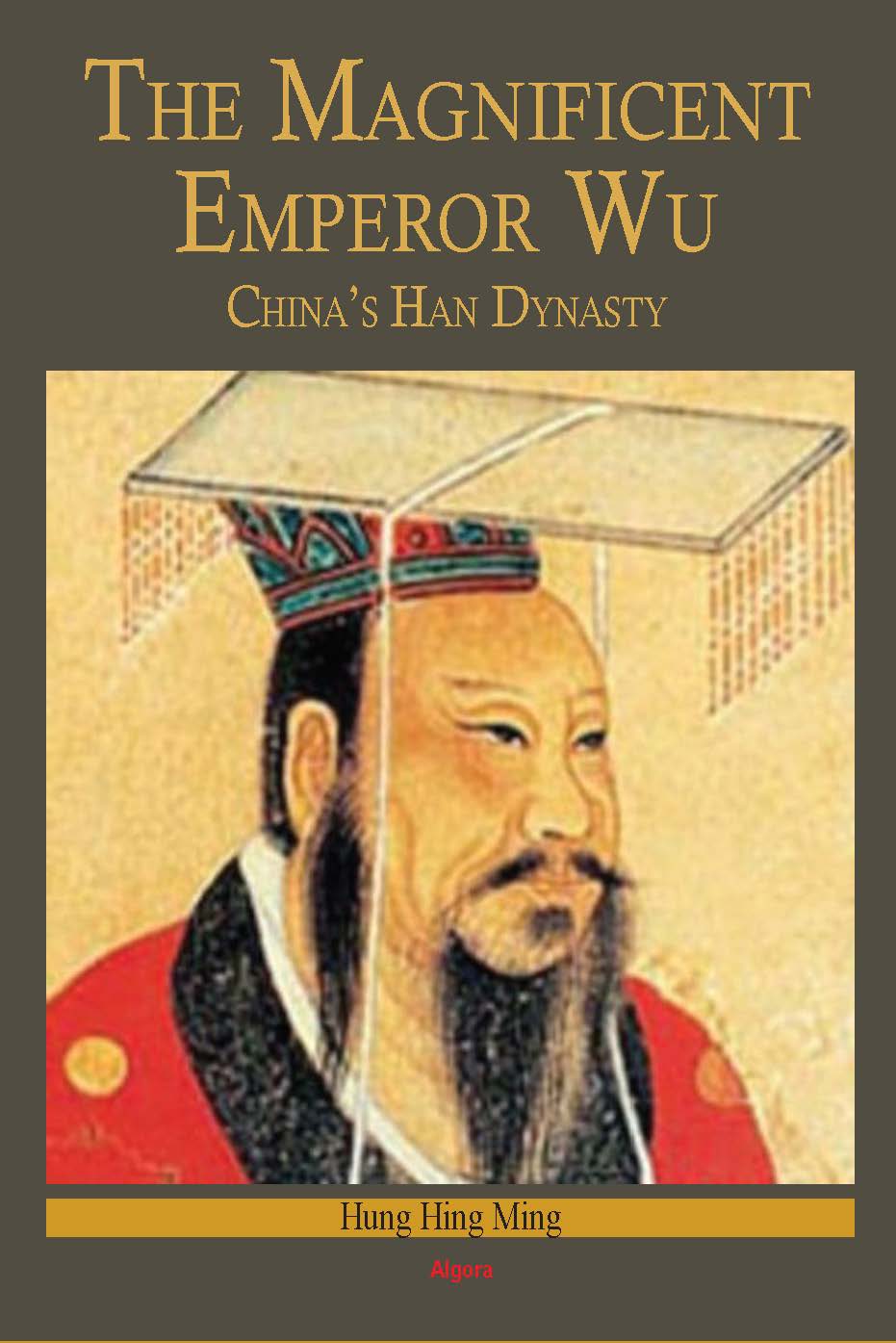
The Magnificent Emperor Wu
The Magnificent
Emperor Wu
Chinas Han Dynasty
Hing Ming Hung
Algora Publishing
New York
2020 by Algora Publishing.
All Rights Reserved
www.algora.com
No portion of this book (beyond what is permitted by
Sections 107 or 108 of the United States Copyright Act of 1976)
may be reproduced by any process, stored in a retrieval system,
or transmitted in any form, or by any means, without the
express written permission of the publisher.
Library of Congress Cataloging-in-Publication Data
Names: Hung, Hing Ming, author.
Title: The Magnificent Emperor Wu : Chinas Han Dynasty / Hing Ming Hung.
Description: New York : Algora Publishing, [2020] | Includes
bibliographical references. | Summary: One of the greatest emperors in
Chinese history, Liu Che (157 BC-87 BC) is known posthumously as Emperor
Wu. Under his reign China expanded its territory dramatically. Liu Che
consolidated Chinas power under a strong central government founded on
Confucian principles. This book, based largely on the writings of
Chinas ancient historian, Sima Qian, summarizes the development of the
Han Dynasty and the reign of Emperor Wu Provided by publisher.
Identifiers: LCCN 2020003087 (print) | LCCN 2020003088 (ebook) | ISBN
9781628944167 (trade paperback) | ISBN 9781628944174 (hardcover) | ISBN
9781628944181 (pdf)
Subjects: LCSH: Han Wudi, Emperor of China, 156 B.C.-87 B.C. | ChinaKings
and rulersBiography.
Classification: LCC DS748.16.H36 H86 2020 (print) | LCC DS748.16.H36
(ebook) | DDC 931/.04092 [B]dc23
LC record available at https://lccn.loc.gov/2020003087
LC ebook record available at https://lccn.loc.gov/2020003088
Printed in the United States
Introduction
One of the greatest emperors in Chinese history was named Liu Che (157 BC87 BC). The seventh emperor of the Han Dynasty, he is known posthumously as Emperor Wu. Under his reign China expanded its territory dramatically. Liu Che consolidated Chinas power under a strong central government founded on Confucian principles.
Where did he come from? The Western Han Dynasty was founded 100 earlier by Liu Bang (256 BC195 BC), and it lasted 202 BCAD 8. Liu Bang was on the throne for seven years, and when he passed away in 195 BC, his son Liu Ying succeeded him as emperor. Emperor Liu Ying also ruled for seven years, passing away in 188 BC at the age of twenty-three. After he died, power was left in the hands of his mother L Zhi. She acted according to her own will. She put a young son of Emperor Liu Ying on the throne but she made her brothers and her brothers sons regional kings, so the members of the L family held great power. After her demise, the members of the L family fomented a rebellion. Premier Chen Ping and General Zhou Bo put down the L rebellion and invited Liu Heng, King of the State of Dai, to take the throne of the Han Dynasty. In 180 BC Liu Heng ascended to the throne. He ruled until 157 BC, when he passed away, to be succeeded by his son Liu Qi. Emperor Liu Qi was on the throne of the Han Dynasty for sixteen years and was succeeded by his son Liu Che in 141 BC.
The Huns lived in the grasslands of Mongolia. They were nomadic people, living on horseback. They often invaded the northern border areas of the Han Dynasty. One time when Emperor Liu Bang was in Pingcheng, in 201 BC, Modu, the King of the Huns, sent 400,000 elite soldiers who surrounded Emperor Liu Bang in Baideng for seven days. Emperor Liu Bang adopted one of Chen Pings stratagems. He sent a secret envoy to present precious gifts to Modus wife. Then Modus wife persuaded Modu to let Liu Bang and his troops go. But still the Huns frequently invaded the territory of the Han Dynasty. The Han Dynasty sought to pacify them by marrying a princess of the royal clan to the king of the Huns.
When Liu Che ascended the throne, he was determined to defeat the Huns. In spring 129 BC, he sent General Wei Qing and other generals to march north to fight them. General Wei Qing battled the Huns in Longcheng, the place where the Huns held their ceremony of offering sacrifices to Heaven. He was triumphant; he won the first victory over the Huns for the Han Dynasty and from then on the Han troops won more victories over the Huns. In 119 BC Emperor Liu Che sent General Wei Qing and General Huo Qu Bing across the Gobi Desert to fight the Huns, and their King had to flee to the far north. General Huo Qu Bing commanded his troops to fight and pursuit them to Hanhai (now Lake Baikal, southern Siberia, Russia). They won a great victory.
Seeking to unite with the State of Yuezhi to attack the Huns, Emperor Liu Che sent Zhang Qian on a mission to the states in the Western Region. Zhang Qian started out from Changan (now Xian, in the south central part of Shaanxi Province). It was a long way: he went past what is nowadays Gansu Province of China, Inner Mongolia an Autonomous Region of China, Mongolia, the Xinjiang Uygur Autonomous Region of China, and Kyrgyzstan, Kazakhstan, Uzbekistan and Afghanistan in Central Asia.
It was Zhang Qian who opened up the original Silk Road. This important trade route united a huge region for commercial, cultural and administrative links for many centuries. In autumn 2013 the leader of the Chinese government proposed One Belt One Road when he was on a visit to the countries in Central Asia and Southeast Asia. One Belt means the Silk Road Economic Belt and One Road means the 21st Century Maritime Silk Road.
The State of Nanyue (which covered the areas of todays Guangdong Province and Guangxi Zhuang Autonomous Region) would not submit to the Han Dynasty. In 111 BC Emperor Liu Che sent troops to attack the State of Nanyue and pacified it. So Emperor Liu Che made great contributions in the unification of China.
After Emperor Liu Che passed away, he was given the honorary title of Emperor Wu (Chinese character: ), because he was powerful, valiant, intelligent and far-sighted.
Most of the materials used in writing this book are taken from the Records of the Great Historian (Chinese: or Shiji) by Sima Qian (14585 BC) of the Former Han Dynasty. Some of the materials are taken from History of the Former Han Dynasty (Chinese: or qianhanshu) by Ban Gu (3292) of the Later Han Dynasty. A Comprehensive Mirror for the Aid of Government (Chinese: or zizhitongjian) by Sima Guang (10191086) of the Song Dynasty is a chronicle. I use this book as a thread to link all the materials pulled from different sources.
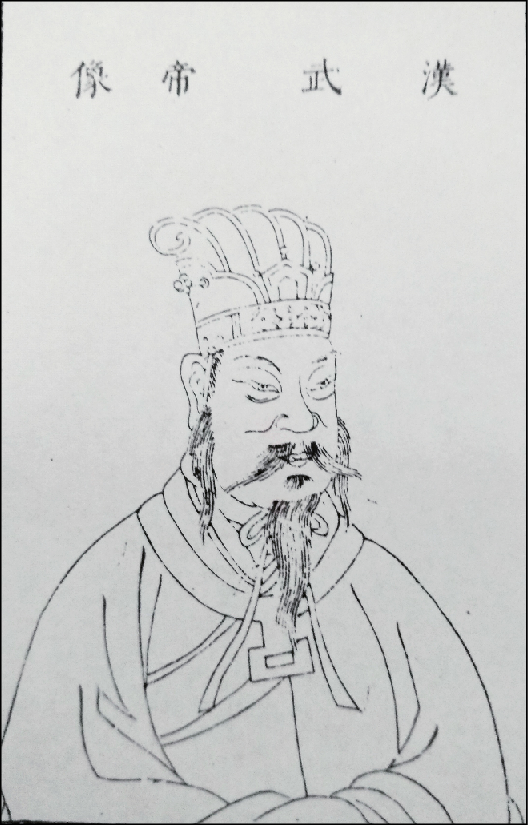
Portrait of Liu Che, Emperor Wu of the Han Dynasty (157 BC87 BC)
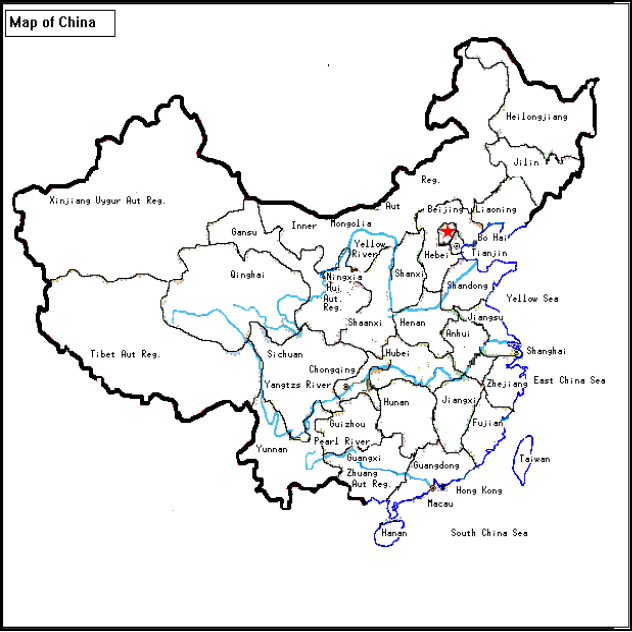
A Map of Modern China
Chapter One: Liu Bang Founds the Han Dynasty
Ying Zheng Unifies China and Becomes the First Emperor of the Qin Dynasty
During the period of the Warring States (403 BC221 BC), China was divided into seven states. They were: the State of Qi (now the most part of Shandong Province), the State of Chu (now the areas of Jiangsu Province, Anhui Province, Hubei Province and Hunan Province), the State of Zhao (now the southern part of Hebei Province and the northern part of Shanxi Province), the State of Yan (now the northern part of Hebei Province and the west part of Liaoning Province), the State of Wei (now the northern part of Henan Province and the southern part of Shanxi Province), the State of Haan (now the northwest part of Henan Province and the southern part of Shanxi Province) and the State of Qin (now Shaanxi Province, Sichuan Province and the east part of Gansu Province).
Font size:
Interval:
Bookmark:
Similar books «The Magnificent Emperor Wu»
Look at similar books to The Magnificent Emperor Wu. We have selected literature similar in name and meaning in the hope of providing readers with more options to find new, interesting, not yet read works.
Discussion, reviews of the book The Magnificent Emperor Wu and just readers' own opinions. Leave your comments, write what you think about the work, its meaning or the main characters. Specify what exactly you liked and what you didn't like, and why you think so.

